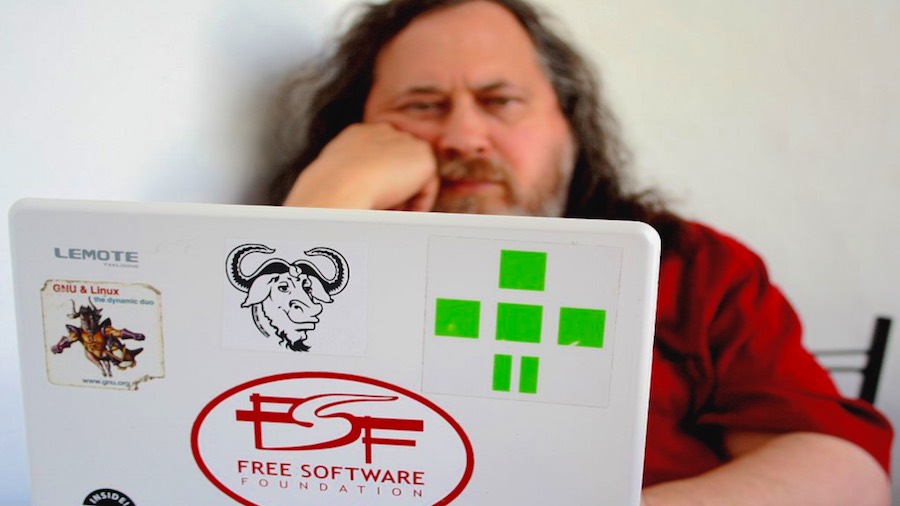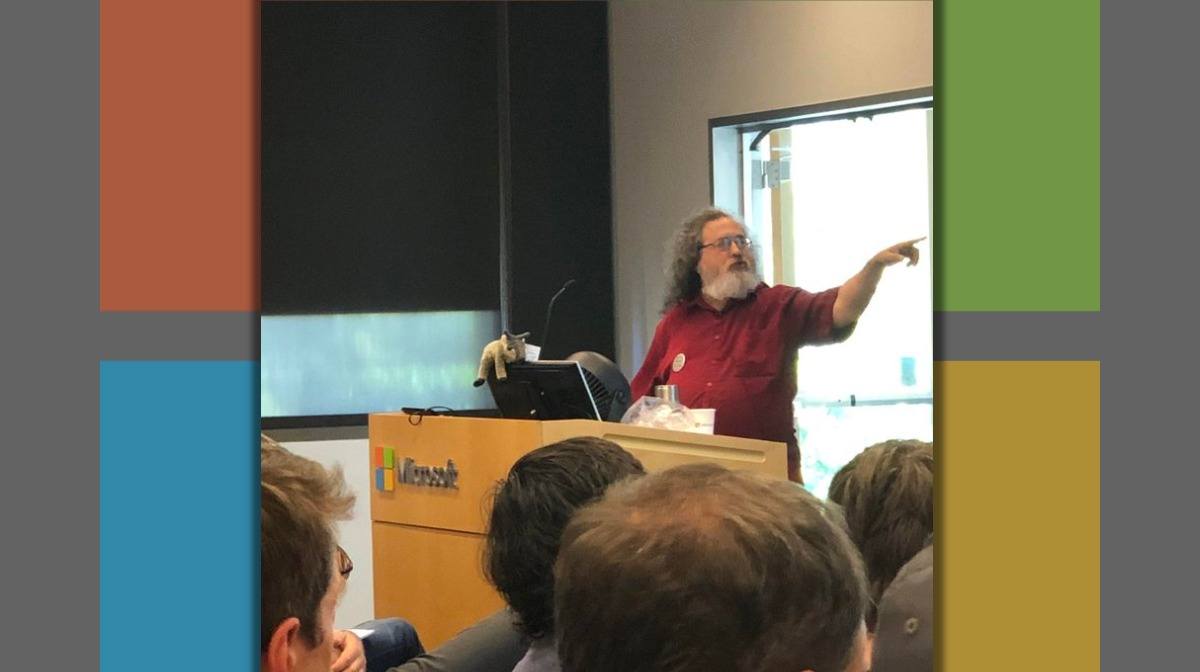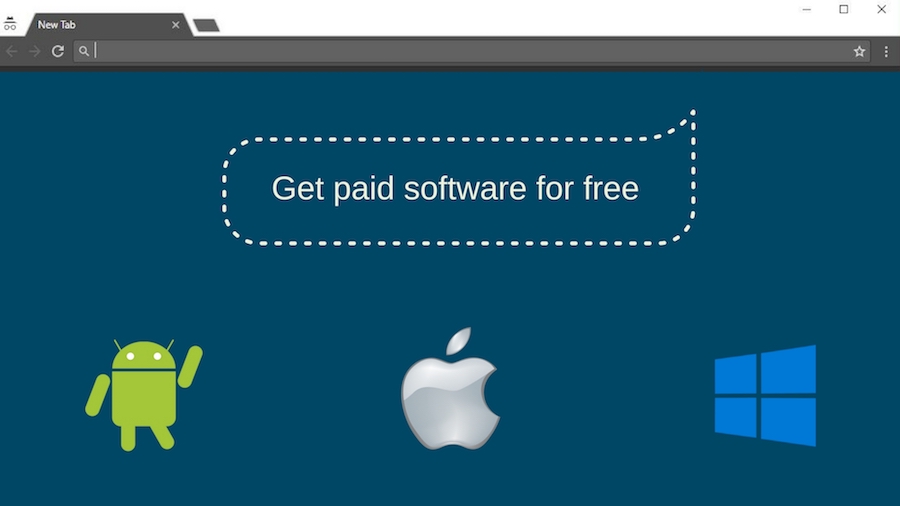Short Bytes: The Free Software Foundation has released the annual list of High Priority Projects (HPP) for 2017. This year’s list focuses on the free software development for mobiles OS, drivers, VoIP and video calling, voice assistants. Also, it focuses on increasing free software adoption in government bodies and encourage contribution from underrepresented community members.
The year’s High Priority Projects (HPP) list focuses more on the mobile ecosystem. HPP is a hand-picked list of free software projects that are released every year by the Richard Stallman-led Free Software Foundation (FSF). Before proceeding further, keep in mind free software and open source software are not the same thing.
There is a dedicated team which decides what goes in and out of the HPP list, and they have been doing that since 2005, when the first iteration of the high priority projects was released by the FSF.
High Priority Free Software for 2017
This year’s list includes various project areas that require some “freedom.” The Foundation doesn’t control the development of these projects, but it can help them propel in case the need arises.
Mobile OS
Free alternatives for mobile operating systems are needed. Currently, they’ve Replicant, an Android without a pinch of proprietary code.
The art of seduction
According to the Foundation, programs offering real-time voice and video “seduce free software users into using proprietary software, often two users at a time.” Some of the notable programs in this category are Skype and Facebook.
Non-seductive free software products are the need of the hour.
Assist people, but with free voice
Voice assistants like Siri, Alexa, Cortana, and Google Assistant also fall into the category of closed-source software. And the Foundation says such assistants have ample access to your data, without you knowing nothing in return, for instance, the code.
They propose the development of voice assistants based on free software and quote an example of the voice assistant Lucida.
Security by free software
Although the Foundation doesn’t consider free software alternatives for security programs as automatically secure, they want people to invest efforts and make theme secure.
Remove accessibility barriers by making free assistive tech
You can relate this thing to the accessibility features like screen readers, magnifiers, and another assistive tech.
Some freedom for drivers, firmware, and hardware designs
FSF puts emphasis on the development of the hardware under free licenses, or at least, publish hardware specifications so that free drivers can be written. They put in light the concern that proprietary hardware is often incompatible with free software.
Decentralizing the Internet and creating personal clouds
The Internet is an ocean is ruled by a handful of big fishes who have the access to the personal data of billions of people around the globe. FSF calls for a decentralization of the web, considering the lowering costs of data and storage. One can imagine her own cloud where the data from the service like Google, Facebook, etc. sits in a single self-hosted place.
Internationalize the free software
It is something mentioned in an ethical context, where concentration is on designing free software in such a way that it can be multilingual and capable of reaching people in different regions–all that done without making any fundamental changes in the software.
Only free software inside Linux distros
Well, FSF likes to call it GNU/Linux. They want Linux-based operating systems to adopt free software. There are many distros which use proprietary software to enhance their capabilities.
Free software adoption by governments
FSF acknowledges that there is a vast scope for free software in government bodies as they can be well-funded and used by numerous government employees.
Encourage contributions by people underrepresented in the community
The community-driven free software ecosystem needs support and opportunities for underrepresented people who contribute to the projects.
So, these were the areas prioritized by FSF and the changes made since last year. They also ditched some of the free replacements recommended for things like Flash player, Google Earth, video editor, drivers for network routers, etc.
Did you find this helpful, tell us in the comments below.
Also Read: 5 Easiest Programming Languages For Beginners | Best Programming Languages










